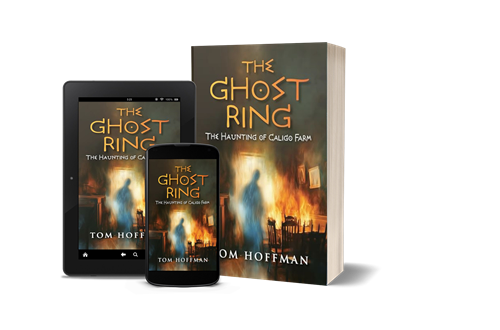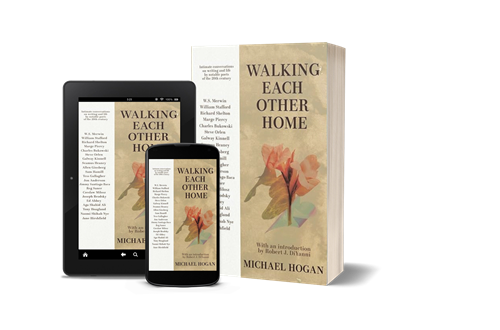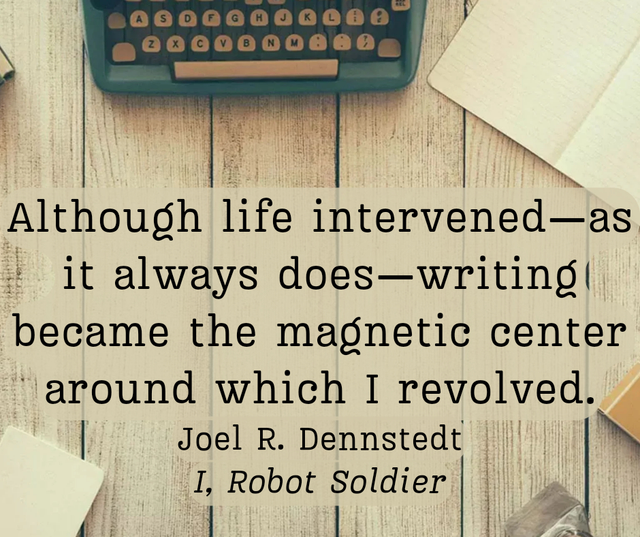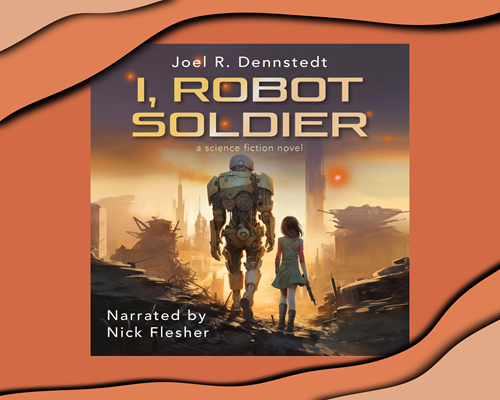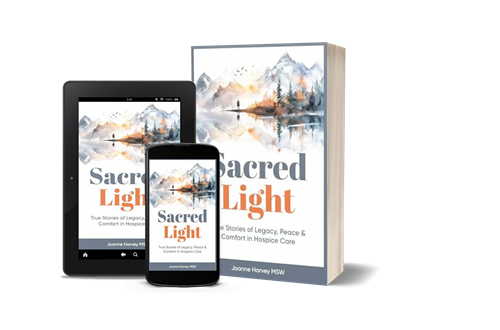Analyzing the Impact of AI Poetry: An Exploratory Study
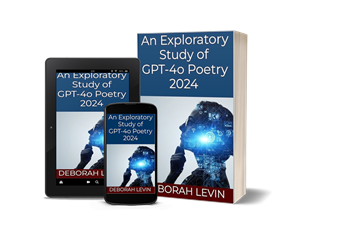
The title of Deborah Levin’s mesmerizing book, An Exploratory Study of GPT-40 Poetry 2024, is perfect for academics. For the rest of us, there ought to be a copy titled ChatGPT Does Poetry. Let’s first address the academic requirements satisfied in the early chapters. These are meticulously handled and detailed, providing the context and parameters in which Artificial Intelligence poetry is composed. AI is allowed to speak for itself — telling the reader what it means by the most critical poetic terms, styles, and forms. Knowing what AI thinks enables the reader (scientist or layperson) to assess the results of its output. This proves most intriguing when the author instructs AI to create poems in the personal style of a specific poet — a pseudonym for the author.
I could talk about the academic implications of Deborah Levin’s study, An Exploratory Study of GPT-40 Poetry 2024, but I’d rather talk about my amazement. First, I was astonished to discover the scope of AI’s access to the information it requires and its ability to cite its references. More than that, however, is my wonder at how AI combines the various elements into a meaningful model by which to proceed. As for its results, I feel a wee bit smug.
- I found the acrostics and ballads stilted but internally consistent and coherent.
- A certain aridness permeated the poems; too often, they were rhythmically repetitive.
- AI performed better when the form was most constrained (cinquain and haiku).
- The free verse was replete with poetic clichés.
Overall, this short study is a mesmerizing journey into AI’s current capabilities and the creative process in general. If the poems lack “soul,” a common complaint about AI, that may not always be true. “Someone” should replicate this excellent study often.
ATTENTION PUBLISHED AUTHORS
This review was done for Pubby. Use this link - We both get a Verified Amazon Review!
Discover more from Joel R. Dennstedt
Subscribe to get the latest posts sent to your email.

